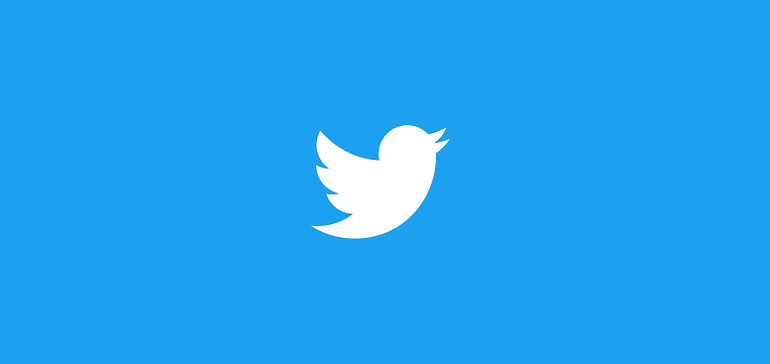Hey, have you noticed how your main Twitter feed – now called the ‘For you’ feed – has been cluttered with a lot more recommended tweets from profiles that you don’t follow over the past week?
You’re not alone – many users have questioned the sudden influx of recommendations, with Twitter taking the addition of its new, side-swipe away ‘Following’ feed as license to start pumping in more and more tweets.
Because if you don’t like them, you can just switch to the other feed – and if you do like the recommendations that Twitter’s pushing, that might just keep you engaged in the app for even longer, or maybe highlight some new people for you to follow in the app.
But according to Twitter chief Elon Musk, Twitter has gone a little too hard on the recs, and will scale back accordingly.
An update to the For You algorithm included too many tweets from people users didn’t follow. That change has been reverted.
— Elon Musk (@elonmusk) January 18, 2023
Note that Elon doesn’t address the question around the reduced engagement, but the implication seems to be that engagement, overall, has dropped as a result of the increase in recommended tweets, which has likely impacted all accounts.
Ideally, Twitter wants to follow TikTok’s lead in this respect, and eventually feed people a constant, ever-growing stream of tweets that they’ll like and engage with in the main feed, which will help it increase time spent, and make it a more valuable app.
In expansion of this, Musk has also said that he wants the Twitter algorithm to optimize for positivity and joyful experiences in the app, while he also wants to show users more tweets from across the political spectrum, as a means to broaden understanding and engagement.
Which past experience on social would suggest doesn’t work – but nevertheless, Elon’s keen to learn for himself, and maybe there is a new angle or approach that Twitter can take to optimizing for different, more positive elements.
The challenge Twitter has right now, and the reason why its tweet recommendations are so all over the place, is that its algorithms for this just aren’t very good.
The topics that Twitter recommends to me are almost never aligned with my interests, while the algorithm also remains highly sensitive to engagement with popular topics, like sports or celebrities. If you even think about an NFL tweet, you’re going to see a lot more NFL content, while Twitter’s system is also too reliant on your existing network, as opposed to the content itself, and with people following all kinds of users, for all kinds of reasons, that’s not a great proxy for likely interest.
TikTok wins on this front because its categorization systems are so good. For every video, TikTok’s algorithm can identify a range of elements, including not only the description and hashtags, but also the content itself, and entity detection based on what you’re seeing. TikTok also only shows you one video at a time, so it knows your specific reaction to each individual post – i.e. how long you watched for, whether you re-watched, any points in the video you paused, whether you came back to it.
Based on all of this, TikTok’s able to show you more video clips that you like, because it can then match up the same data across its entire database. Twitter, which displays many tweets on screen at once, and doesn’t have as many cues to go on, can’t do the same.
Twitter’s system is heavily reliant on who you already follow, which, as noted, is not always a great indicator of likely interest, while its customization can only guess at what you’re interested in, based on dwell time. Twitter could gear its algorithms to more specifically focus on tweets that you’ve expanded, but a lot of users likely don’t expand tweets at all, and even then, it’s not as powerful of an indicator as watch time is.
In other words, Twitter’s got its work cut out for it in building a more effective algorithm, as per Musk’s demands, and far fewer staff to do it, following its huge cuts.
It’ll be interesting to see how it develops on this front, and whether it can build a better mousetrap – because if it can put together a more effective detection and recommendation process, that could also be applied to its ad system, and help more businesses reach the right audiences with their promotions in the app.
Maybe it can, but again, reduced resources will up the difficulty, on an element that Twitter wasn’t good at to begin with.
But for right now, the recommendations will be pared back. So if they were annoying you, the situation should now be improved.
For the time being, at least.



